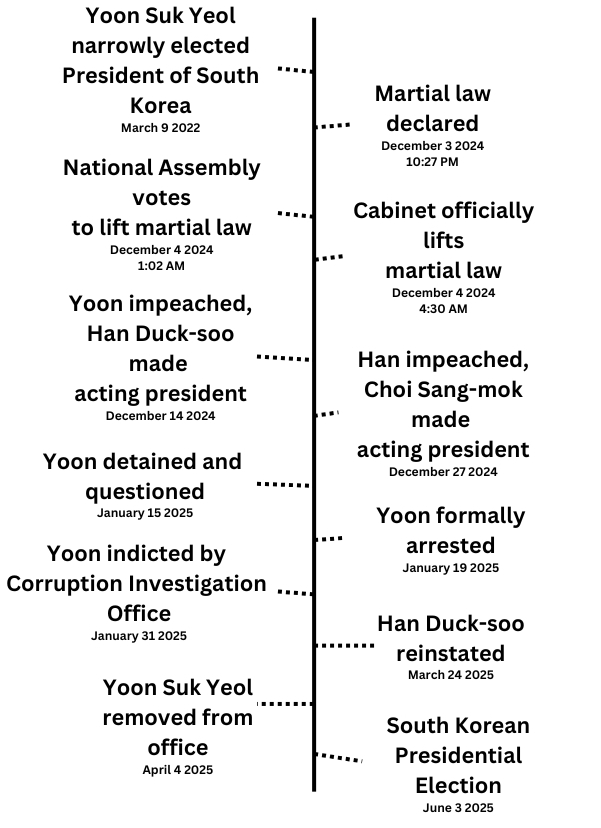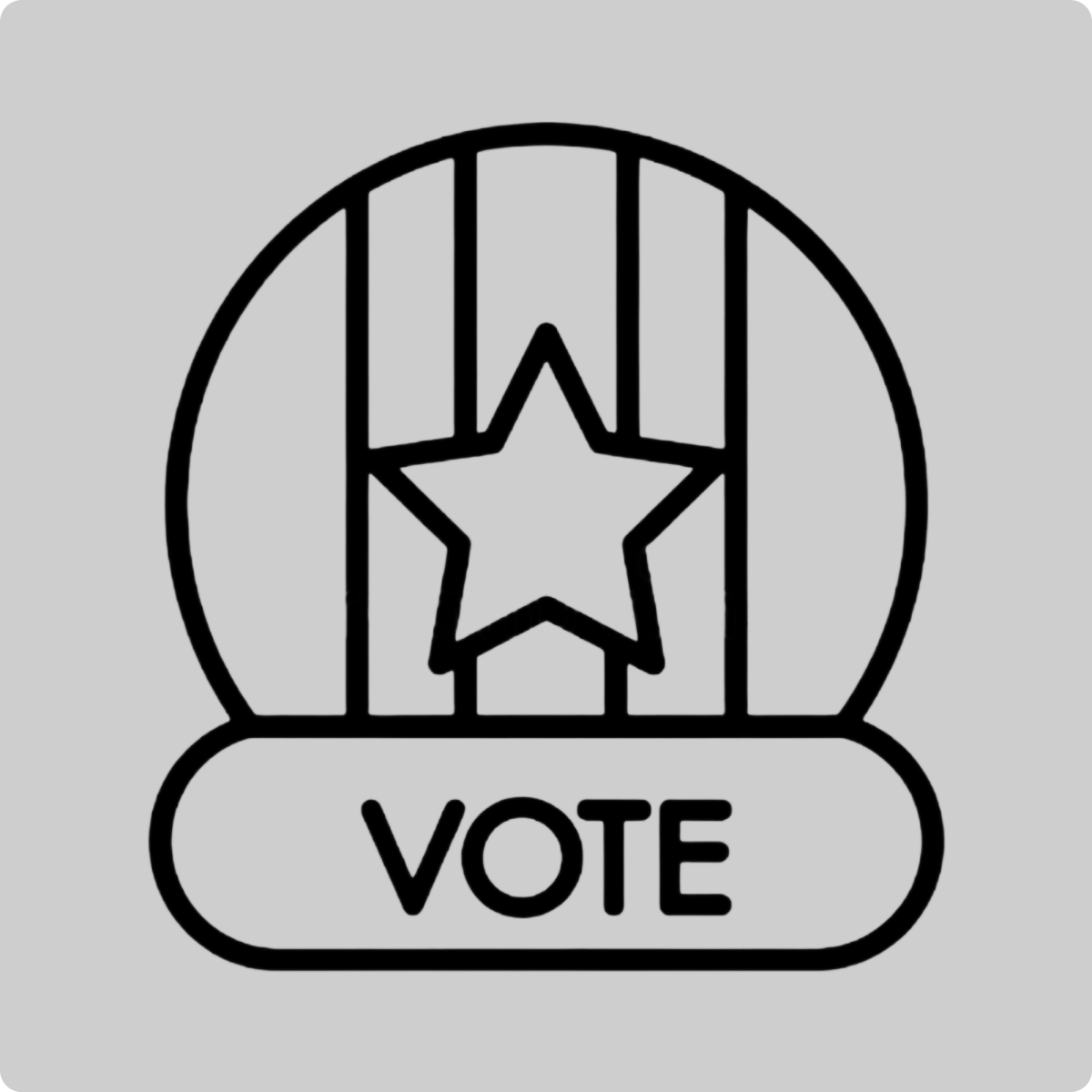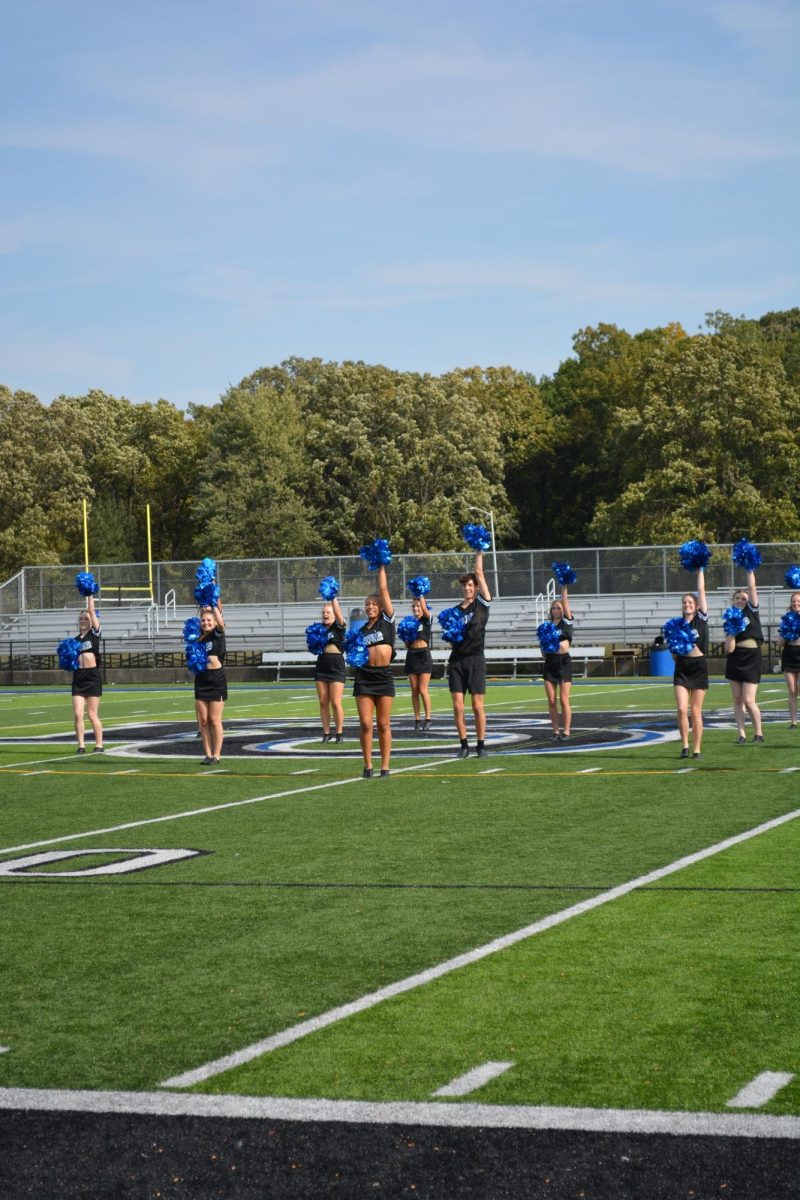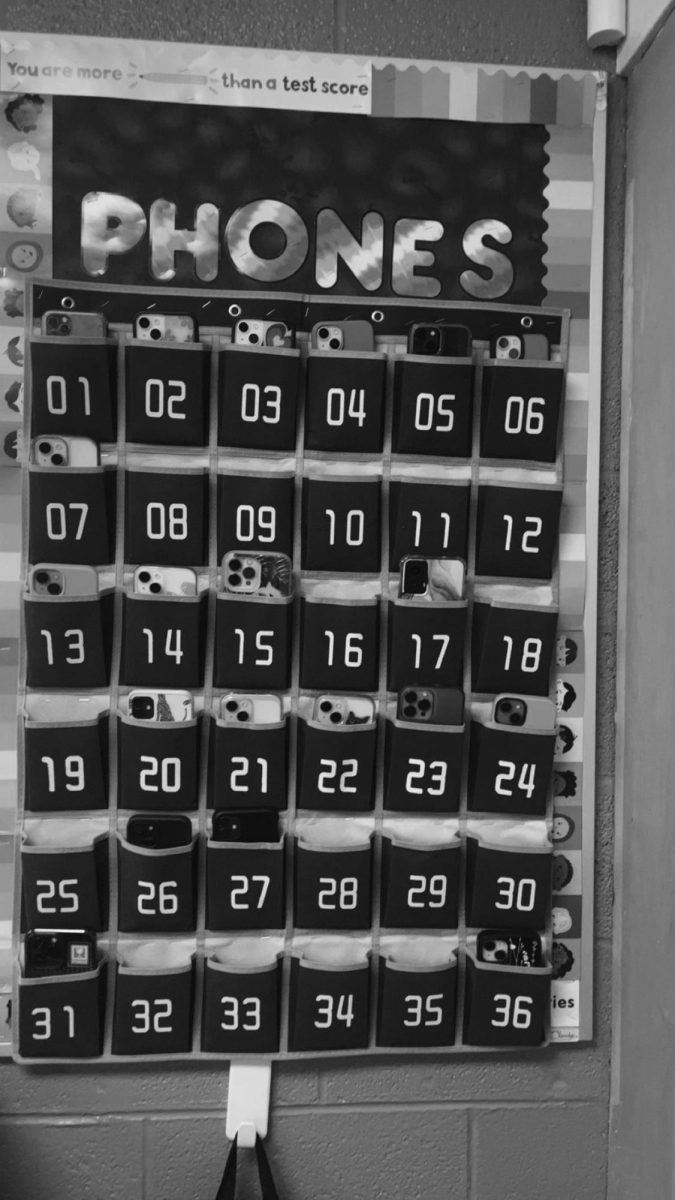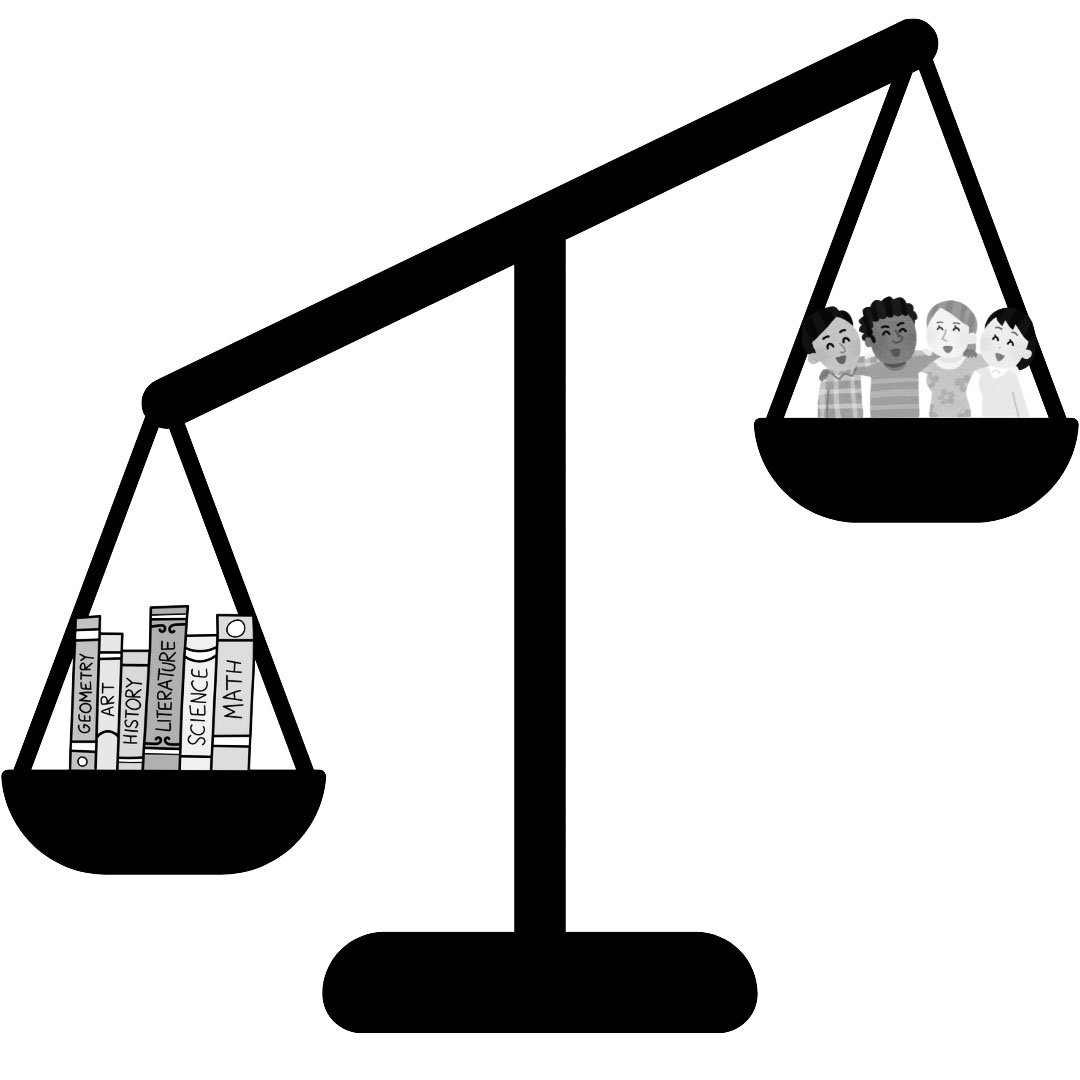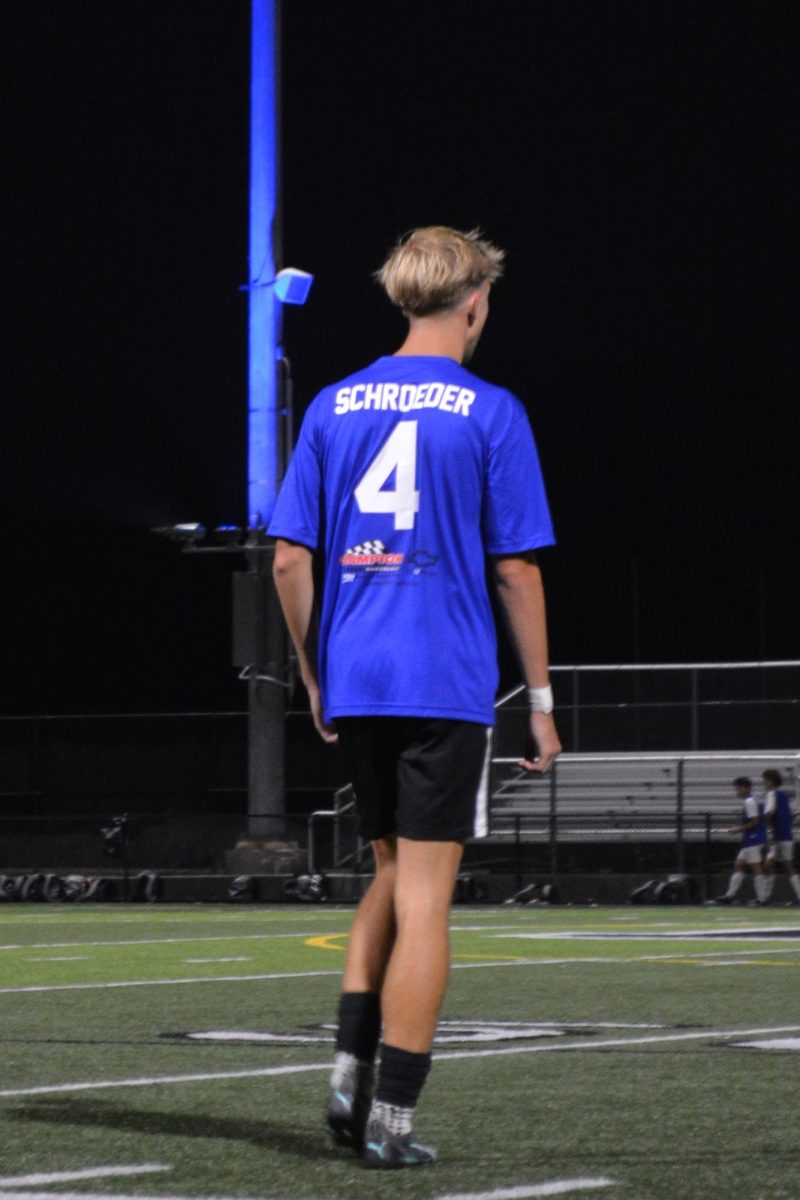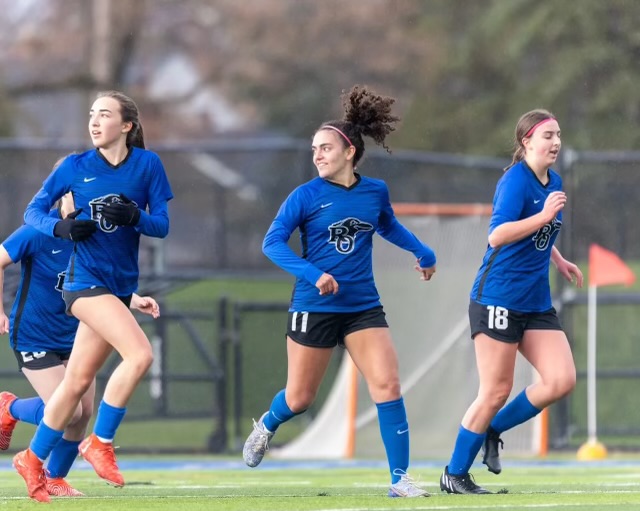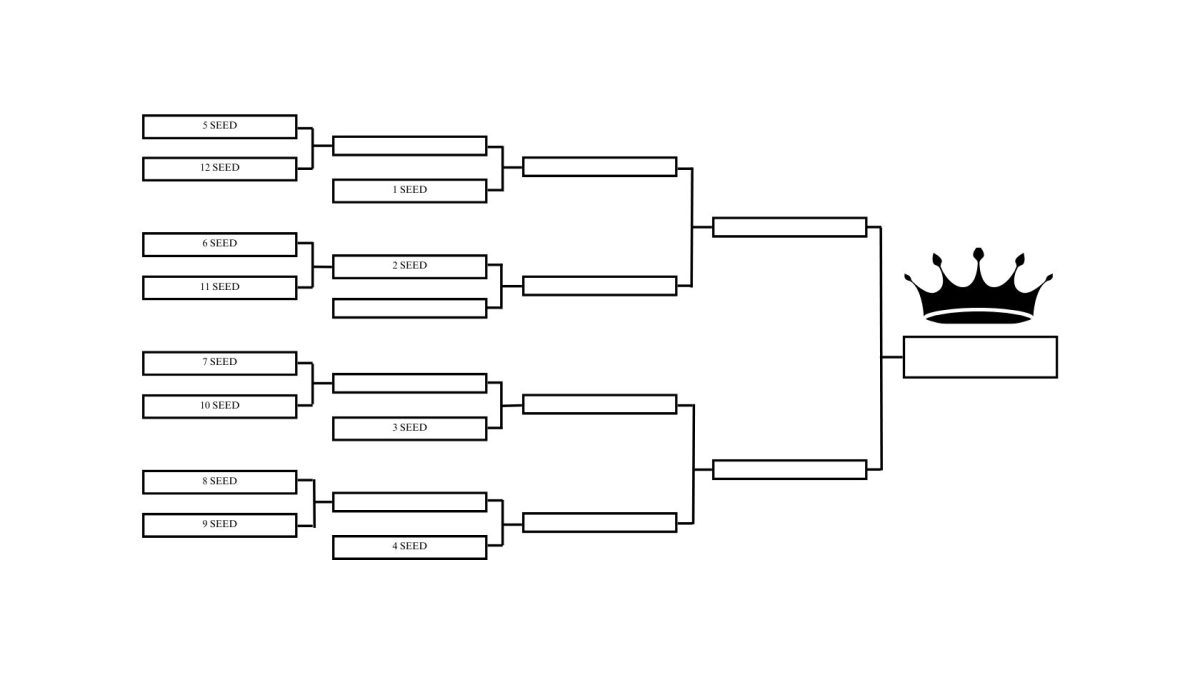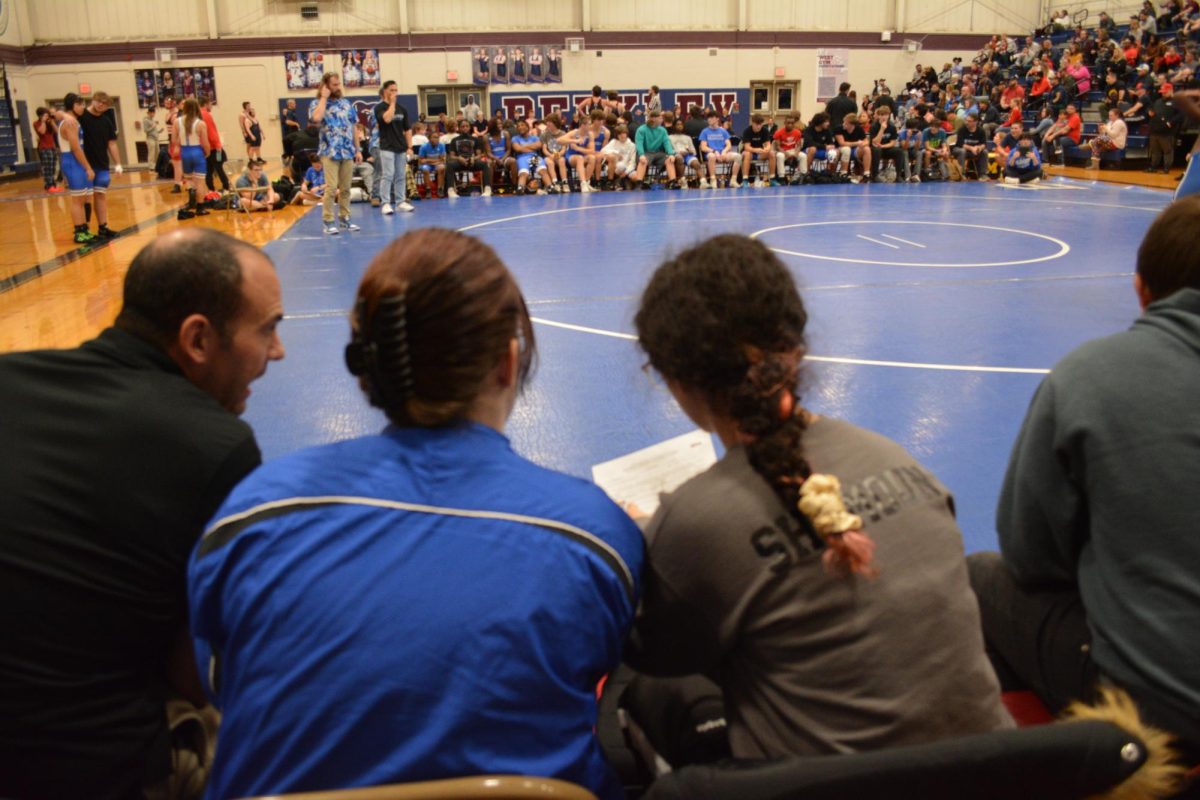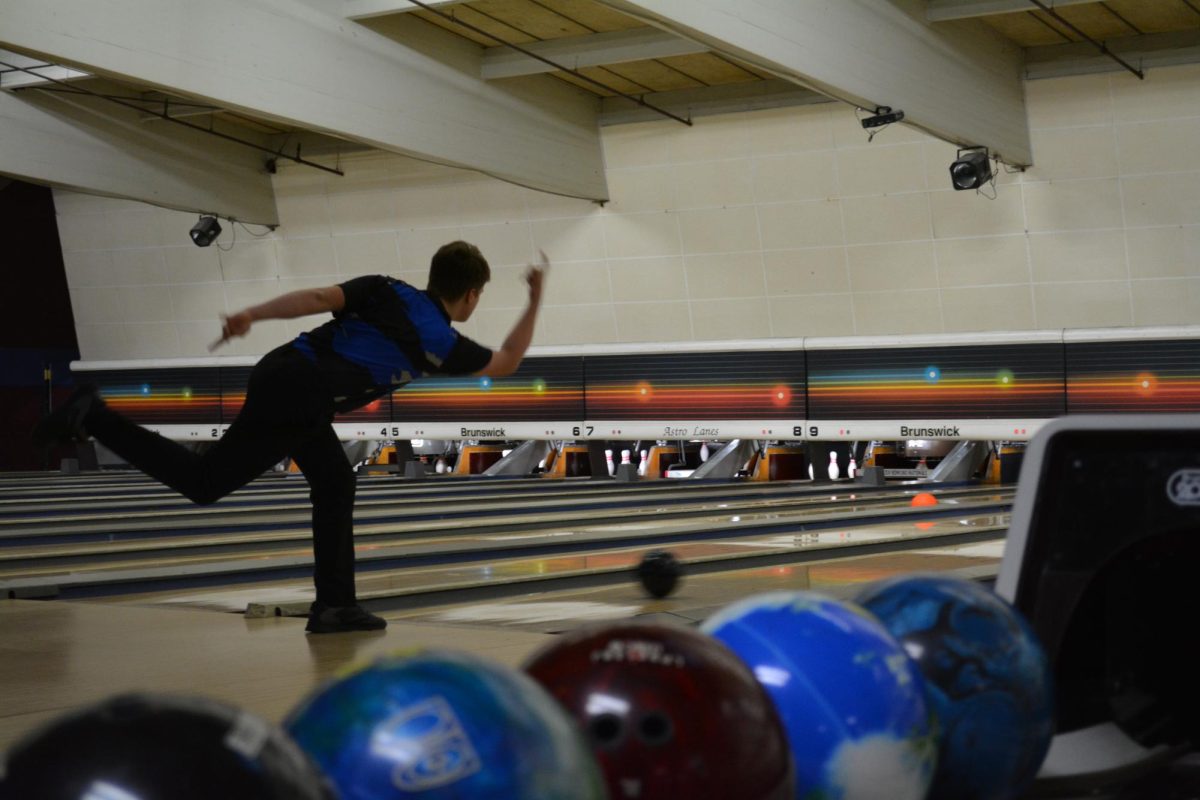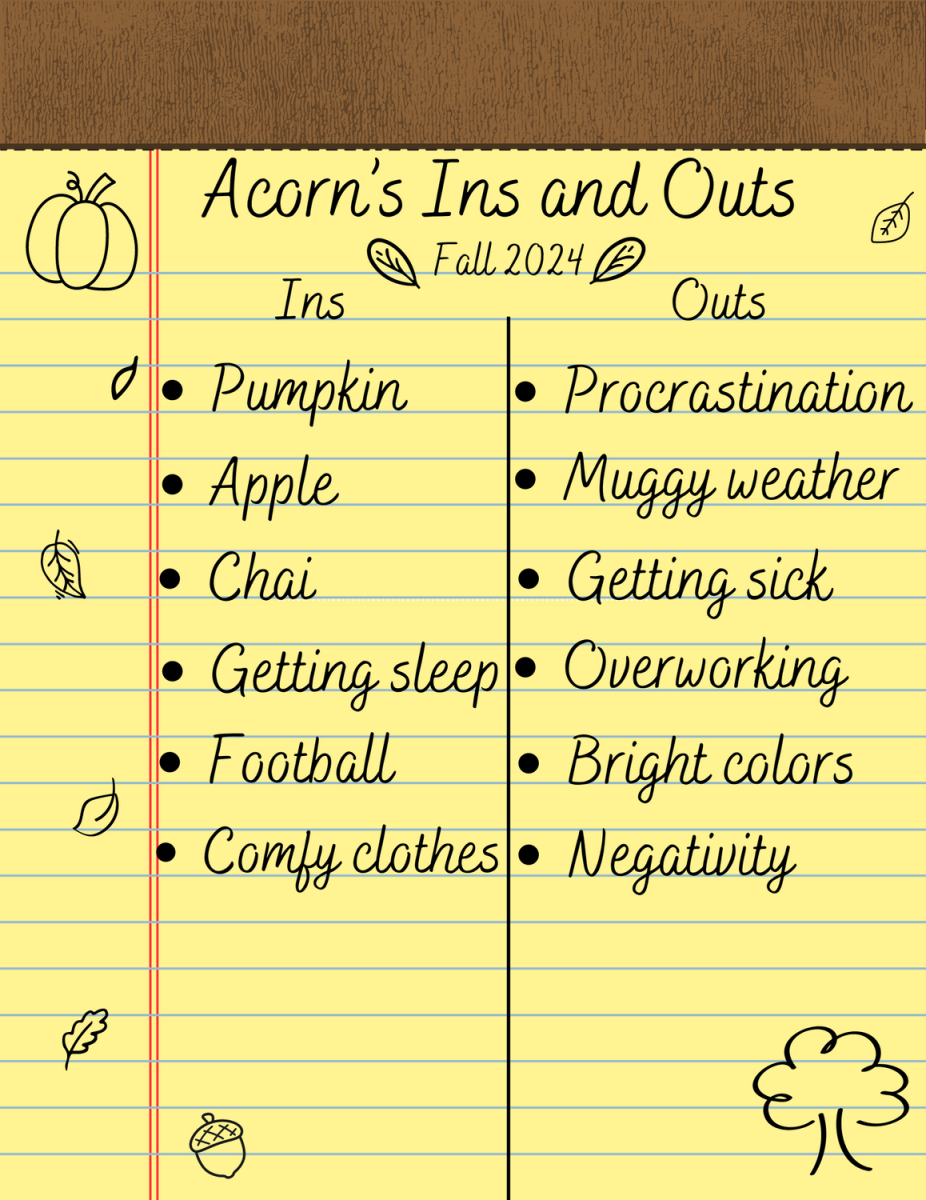Energy drinks are the current craze happening at ROHS. They are easily one of the most accessible quick energy boosters comparable to coffee. They are known as addictive and unhealthy; but can be acceptable quick energy boosters. When surveying the school, most students drank brands including Celsius, Monster Energy, Ghost, and Red Bull. Energy drinks in my opinion are very addictive, they are a very quick fix to sometimes small problems. Many people I know have felt the effects of energy.
Senior Amanda Orlando claims to drink energy drinks every day. “One time before cheer practice, I drank two Celsius and then we had to run a mile, then I started getting heart palpitations,” she says.
Mr. Piippo, who is both a coach and history teacher, witnesses his student’s dependence on the drinks.
“If students are so run down that they need a jolt of caffeine and sugar to stay awake or engaged in a class, they need to be getting more sleep!” he says. “Energy drinks are one of those topics that is representative of a larger societal issue. We are creating a society where priorities are so out of whack, that we ingest chemicals to stay energized instead of living healthy lives that leave us naturally energized. The long-term mental and physical health effects of our current American lifestyle are scary.”
Celcius recommends that its consumers not exceed two drinks of celsius a day. Many students at Royal Oak have said that they haven’t read the back of their energy drink cans. Senior Amanda Orlando said “Yes, I’m aware they have lots of mysterious ingredients and lots of caffeine. ” when asked if she’s ever read the back of her energy cans.
Celcius contains a lot of very healthy vitamins that our bodies need like Biotin which contains a lot of vitamin B, celsius contains 1000% Biotin. But like most things, if you consume too much it can give you negative effects. If you consume more than the normal amount of biotin, it can cause insomnia as well as excessive thirst and urination. Which are common side effects of the drink Celcius. “I think energy drinks in moderation are not harmful. However, when they’re a daily thing, it’s an issue,” she says. Megan McCaffrey, a Special Education & LINK teacher notes the physical implications energy drinks have on her, including heart palpitations and a jittery feeling. “I totally understand feeling like you need something to help you get your day started, but everyone needs to be careful when consuming caffeine in any form. I didn’t start drinking coffee until I was in college, and with all of the different types of energy drinks on the market, there should be some concern regarding daily consumption and excessive usage, ”she says. “ It’s important to try to get good sleep to feel rested for the day ahead. Moderation and knowing the appropriate amount of caffeine to consume is necessary!”
Senior Noelani Bryant says that she gets anxiety from energy drinks. She likes to drink wild berries and lemon Celsius and key lime pie Bang Energy.
“I only really drink them if I’m staying up late for homework or am tired in the morning,” she says. Leslie Dinkelmann, a Health & Physical Education teacher, prefers to consume Alani Nu energy drinks. She witnesses her students and their relationship with energy drinks.
The caffeine in energy drinks is what makes them addictive, especially when they have a high amount of caffeine. The amount of caffeine is equally comparable to an Iced Venti Coffee from Starbucks according to Celcuis’s website. Also the equivalent of two espresso shots. English teacher Gabrielle Buttazoni has witnessed similar situations in her classroom.“I have seen an over-reliance on caffeine for certain students. I have also seen the effects that caffeine can have on adding to symptoms of anxiety in our student population by creating the racing heart/thoughts or even the “crash” effect that caffeine can leave students with,” says Buttazzoni. She sees her students often drinking energy drinks like Monster, Red Bull, Celsius, and Alani Nu. She does occasionally have a Celsius but usually sticks to coffee. Senior Isabelle Johnson has recently become a common consumer of energy drinks such as Alani Nu and Celsius but says that energy drinks can make her shaky.
“I have a caffeine addiction so I get headaches without them.”
Georgette Harris teaches Medical Skills. She often sees her students drinking Celsius.
I understand the need for energy drinks. No matter how much sleep I get, sometimes I feel tired but often it’s due to being dehydrated which can cause heart complications, insomnia, and dehydration.
“It can be bad for students who drink an excessive amount. Per the NIH, large amounts of caffeine may cause serious heart and blood vessel problems like heart arrhythmias and increases in heart rate and blood pressure. Caffeine also may harm children’s still-developing cardiovascular and nervous systems,” she says. “Per the NIH Caffeine use may be associated with anxiety, sleep disturbances, digestive issues, and dehydration. Energy drinks should be used in moderation.”
Energy drinks are easily one of the most accessible quick energy boosters that are known to be addictive and unhealthy by both students and teachers. Although many students and teachers have spoken about the downsides and health effects of energy drinks, no one seems to want to stop drinking them or switch to an alternative. Especially since all of the negative effects have only affected people in the now and have not yet caused any more serious health complications in the future.


